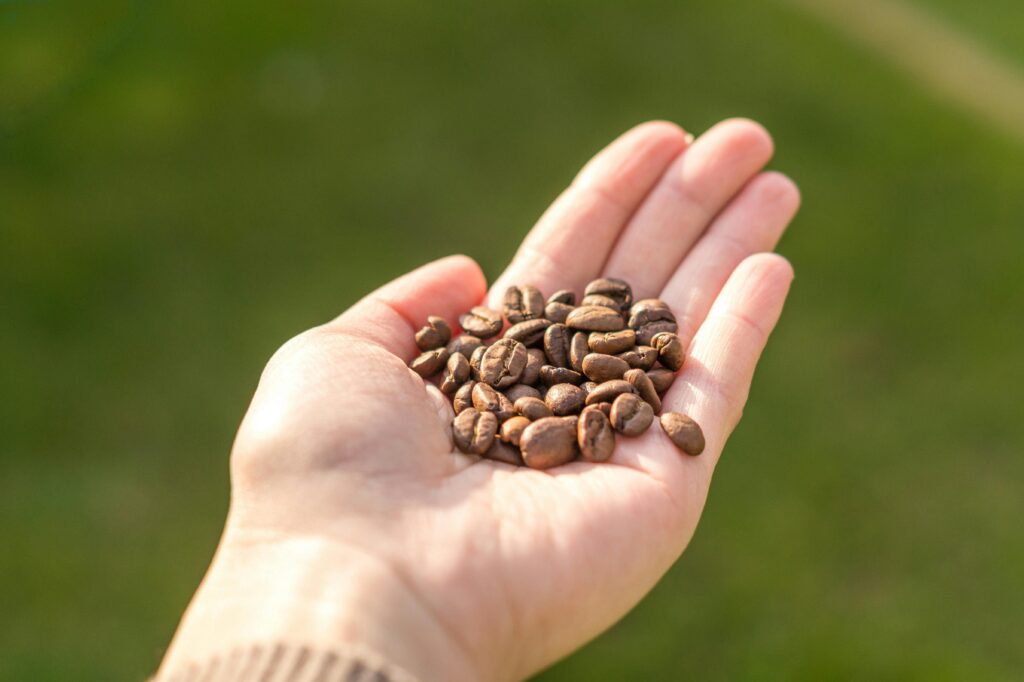
Bali is renowned for its breathtaking beaches, vibrant culture, and lush landscapes. But for those in the know, the island offers another sensory delight: a captivating coffee culture rooted in a unique history and sustainable practices. Beyond the world-famous Balinese sun, a rich, aromatic story unfolds—a story of fertile volcanic soil, community-based farming, and a flavor profile unlike any other.
The Aromatic Origins: Not What You Expect

When you think of Indonesian coffee history, you might immediately picture the Dutch colonial influence. However, Bali’s story is distinct. Coffee plants were introduced to the island in the early 20th century by traders from neighboring Lombok, not by colonizers. They quickly discovered that the high altitudes and volcanic soil of the Kintamani highlands were ideal for cultivation.This unique beginning set the stage for a coffee industry deeply tied to Balinese spirituality and community. The majority of coffee here is grown by small, independent farmers who organize themselves into a traditional cooperative system known as subak abian. This system, based on the Hindu philosophy of Tri Hita Karana (harmony between humans, God, and nature), ensures organic and sustainable practices, making Balinese coffee a truly ethical choice.
From Highlands to Cup: The Distinct Balinese Beans
Bali’s coffee scene is a showcase of diversity, with two primary types of beans dominating the landscape:
- Balinese Kintamani Arabica Coffee: Grown in the cool, elevated regions of Kintamani, this Arabica coffee is celebrated for its bright, citrusy notes—often with hints of lemon or orange. This distinctive flavor comes from a unique process where coffee plants are intercropped with citrus trees. The resulting brew is known for its clean, medium body and low acidity.

- Bali Robusta Coffee: Thriving in the lower-lying areas, Balinese Robusta is known for its bold, earthy flavor. With a higher caffeine content and a full body, it offers a robust and strong brew, often with notes of chocolate and nuts. It’s the perfect choice for those who prefer a powerful and rich cup.

- Kopi Luwak (Civet Coffee): Bali is also a destination for the world’s most expensive coffee, Kopi Luwak. Made from beans that have been eaten and excreted by the Asian palm civet, this coffee has a smooth, less bitter flavor due to the fermentation process in the civet’s digestive tract. When seeking this delicacy, it’s crucial to support farms that practice ethical, cage-free methods to ensure the humane treatment of the animals.

A Taste of Adventure: Bali Coffee Farm and Agrotourism

For a truly immersive experience, a trip to a Bali coffee plantation is a must. These agrotourism spots are scattered across the island, with many located in the highlands of Kintamani and Pupuan. Visiting a farm provides a fascinating glimpse into the “bean to cup” process.
You’ll be guided through the lush plantations, seeing coffee cherries ripen on the branch, and learning about traditional harvesting and processing methods. Most coffee plantation tours offer a free tasting session where you can sample a wide variety of coffees and teas, from Balinese Arabica to spiced ginger tea and rich cocoa. It’s an unforgettable way to connect with the island’s agricultural heart and discover your new favorite brew.
Many of these locations, like Bali Pulina or various agrotourism sites around Ubud and Kintamani, not only sell their roasted beans but also provide a stunning backdrop of rice terraces or mountain views, making for a perfect photo opportunity.
The Perfect Brew Awaits at White Rock Beach Club

Whether you’re a seasoned coffee connoisseur or a curious traveler, Bali’s coffee culture offers something for everyone. From the ethical and sustainable farming practices to the diverse and captivating flavors, it’s a journey that stimulates all the senses.This International Coffee Day on October 1st, celebrate this incredible heritage with us. Join the festivities at White Rock Beach Club and enjoy free coffee all day long with every purchase of any brunch and dessert. It’s our way of honoring the rich history of Bali’s coffee and sharing a moment of pure bliss with you. Don’t miss this opportunity to savor the best of Balinese coffee while enjoying the stunning ocean views.







